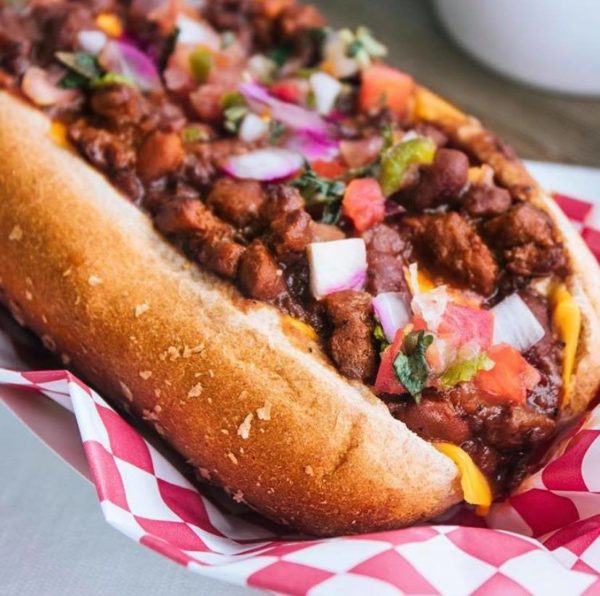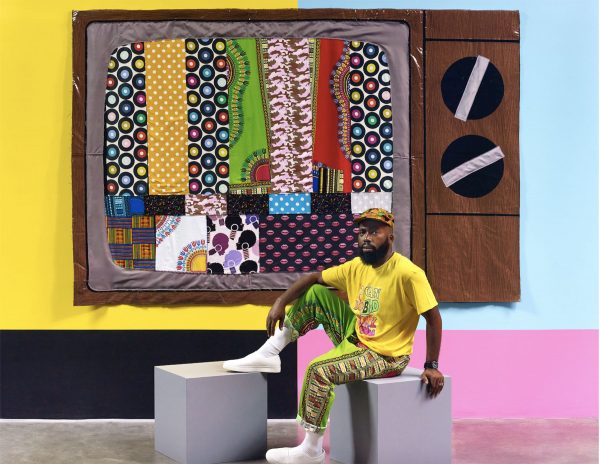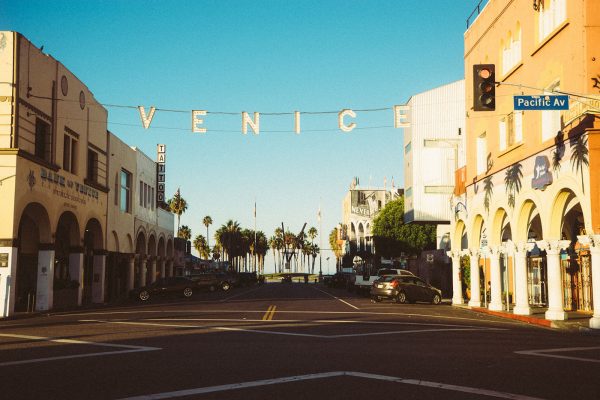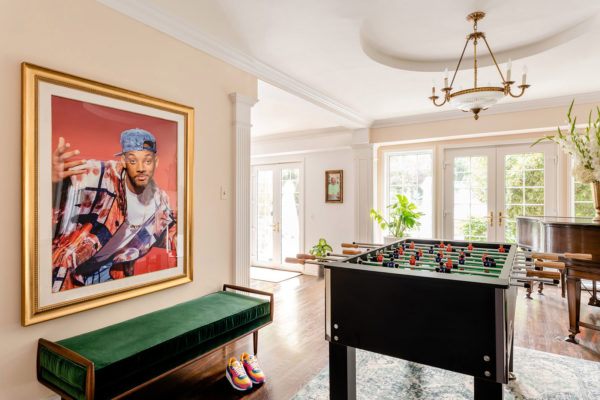No products in the cart.
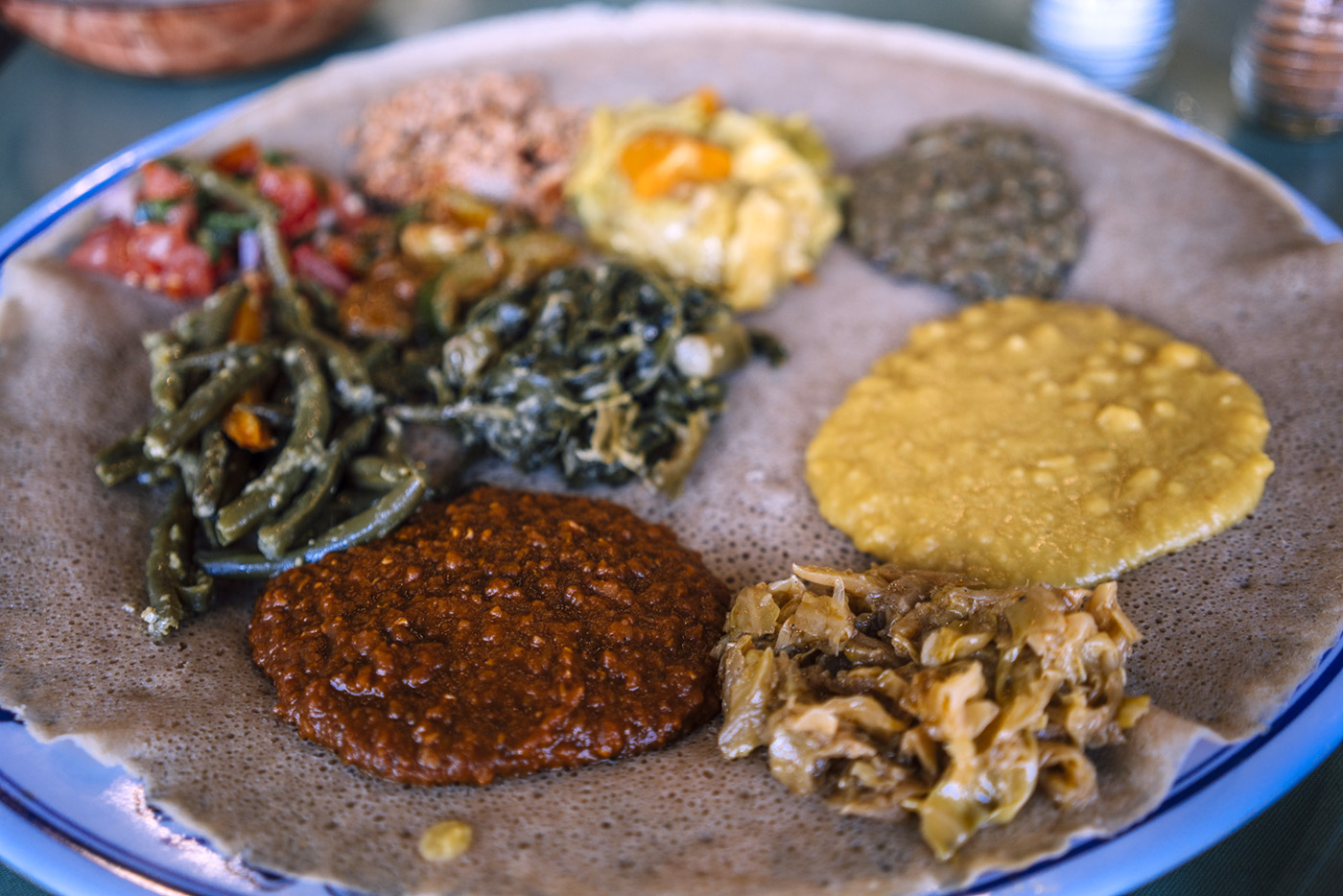
A Guide To Little Ethiopia
Los Angeles, California is home to one of the largest Ethiopian and Eritrean communities in the United States. The epicenter of that community is a short corridor in the heart of LA called Little Ethiopia.
Ethiopian immigrants began opening shops and restaurants in the early 1990s. For them, the strip of commercial properties running along Fairfax Blvd was a community and gathering place for fellowship. Locals originally referred to the area as Little Addis after Ethiopia’s capital, Addis Ababa. But in 2002, the city of Los Angeles officially designated the corridor “Little Ethiopia”.
9/11, gentrification and the more recent COVID-19 pandemic has the once flourishing Little Ethiopia feeling a little less Ethiopian. Thankfully, there’s still enough here to explore for foodies and people interested in Ethiopian culture. Here are our suggestions for making the most of your time in Little Ethiopia.
Parking
The first two things you’ll want to know about visiting Little Ethiopia are that the parking can be a combat sport and traffic is constant. Use a ride share service like Uber or Lyft to hit the ground running without the fuss of parallel parking while someone rides your bumper. If you must drive, consider finding a spot on one of the blocks immediately leading up to the area and always remember to feed the meter.
Why Visit Little Ethiopia?
This pocket of LA’s calling card is the food. With a diet heavy on vegetarian options, Little Ethiopia is also a haven for LA’s non-meat eating crowd. But it’s really about the communal approach to dining, paired with a love of rich flavors that draws people from all walks of life to Little Ethiopia. Reading an Ethiopian restaurant menu can be an intimidating experience for the uninitiated, but there are some dishes you’ll see repeated at every restaurant.
What To Eat?
Those popular dishes include the sour and spongy injera bread, and the national dish, raw beef kitfo. In Ethiopia, spoons and forks are replaced by injera bread. You eat with your hands. Torn into pieces and folded over, the porous flatbread functions as the perfect natural cutlery for a number of Ethiopian dishes.
Rosalind’s
Rosalind’s is the oldest Ethiopian restaurant in Los Angeles. Fekere Gebre-Mariam opened his diner over 30 years ago in 1988 when Little Ethiopia was predominantly populated by Jewish business owners. As those shop owners retired, their businesses sat vacant. Seeing the opportunities that presented, Fekere began inviting other Ethopians to open restaurants, bars, and shops of their own to create a distinct Ethiopian community in Los Angeles. “When I first came to America, there was no Little Ethiopia. Rosalind’s was the start of it all. And can you imagine how hard it was to get Angelenos to try Ethiopian food in 1985? We were pioneers then!” Fekere writes on a Facebook post.
The Zilzil Tibs is a standout dish at Rosalind’s, served with “beef chunks sauteed in oil seasoned with green peppers, onions, garlic, rosemary, and jalapenos.“
Live Music at Rosalind’s
Plan your meal around the weekend and enrich the experience. You can catch traditional Ethiopian music live every Friday and Saturday night at Rosalind’s.
Merkato Restaurant
Anthony Bourdain, U2’s Bono, Snoop Dogg, Andre 3000 and more have stopped inside Little Ethiopia’s historic Merkato restaurant. In business for nearly 30 years, Mercato serves traditional Ethiopian dishes like Yedoro Wot, a chicken “stewed in red pepper sauce and spices with hard boiled eggs and tomato salad” and the popular Asa Tibbs, a trout fish fried Ethiopian style and served with vegetarian side dishes.
Lalibela
Named for a religious area in the north of Ethiopia with UNESCO Rock-hewn Churches, Lalibela restaurant in LA is a comforting sanctuary for foodies seeking a dressed up and authentic Ethiopian dining experience. Inside the airy location you’ll find local Ethiopians dining on some of the city’s best sambusas. The fried, doughy appetizer comes stuffed with seasoned lentils and grilled onions. The pairing of a jalapeno relish elevates the dish if not at the expense of physical comfort. Their Ethiopian iced tea is perhaps the perfect beverage for washing down the starter. Adventurous eaters might find traditional Kitfo – an Ethiopian beef tartare – an pleasing dish. Vegetarians can even experience a Plant-Based version of Kitfo seasoned with herbed olive oil or butter, peppers, onions, jalapeño and spices.
Rahel Ethiopian Vegan Cuisine
Two other places you can find great Ethiopian food are Messob and Rahel Ethiopian Vegan Cuisine. Chef Rahel Woldmedhin is the original owner of Messob which oddly enough is located just next door to her vegan dining experience. Motivated to move away from a meat-based menu, she opened the exclusively vegan restaurant which also offers a weekend buffet. The menu ranges from chickpea stews, lentils, greens and tomato salad to Yemitin Shiro Wot – powdered peas in a red pepper sauce and seasoning. The veggie platter is a great way to sample most of the menu items with its 11 different sides, but save room for dessert: their signature vegan Mango cheesecake is a standout.
Flavors From Afar
While not exactly Ethiopian, the concept behind and food at Flavors From Afar are so unique we would be remiss to not list their business here. The executive staff at Flavors From Afar work with refugee chefs from all around the world on developing a changing monthly menu highlighting dishes native to their homeland. Chefs from Palestine, Guatemala, Haiti, Egypt, Kenya, Nigeria and even Navajo country have shared the flavors of their home with LA’s foodies. Come to Flavors From Afar with an appetite, open-mind and curiosity. There are not many places in the United States serving dishes like their Beef au Grille, a slow roasted halal goat marinated in a Haitian epis sauce with sauteed bell pepper, onion, djon djon rice and sauteed mushrooms, asparagus and broccoli.
Merkato Shop
Shoppers looking to obtain goods from Ethiopia and other parts of Africa can visit the Merkato Store, located next to the restaurant of the same name. Thoughtfully crammed inside the shop you’ll find Ethiopian coffee beans, berbere spice, textiles, movies, books and music as well as fragrant oils and art.
While not Ethiopian-owned, the vintage furniture and clothing shops we visited along this stretch of Fairfax Boulevard have enough curation of distinct pieces to warrant the time of thrifters.
Little Ethiopia is changing. Just how much it changes – or not – ultimately depends on whether people support the local businesses. If you’re visiting Los Angeles, add this corridor to your bucket list.
Eric has revolved in and out of passport controls for over 20 years. From his first archaeological field school in Belize to rural villages in Ethiopia and Buddhist temples in Laos, Eric has come smile to smile with all walks of life. A writer, photographer and entrepreneur, the LA native believes the power of connectivity and community is enriched through travel.
